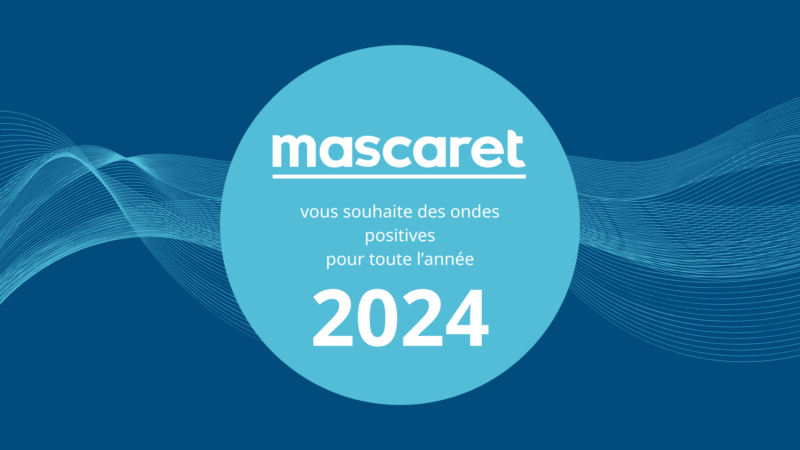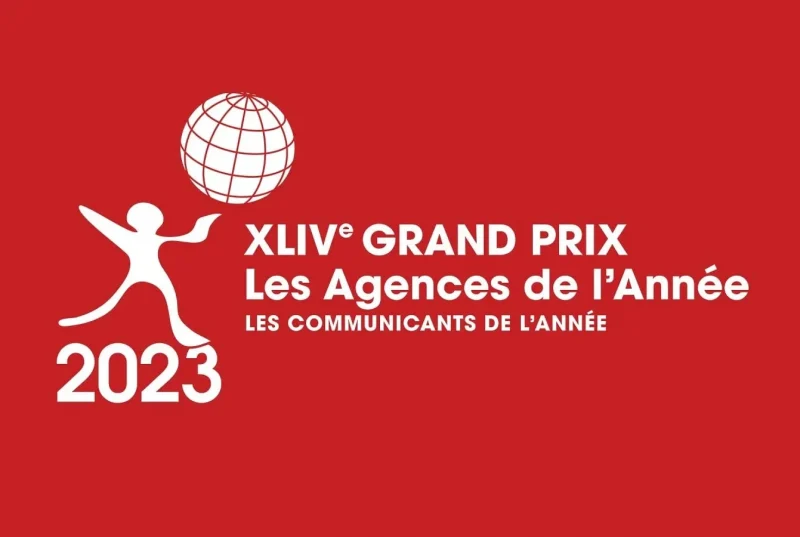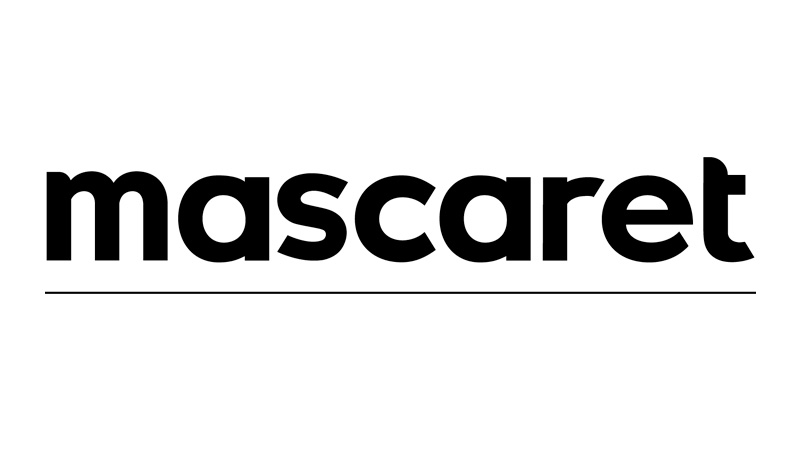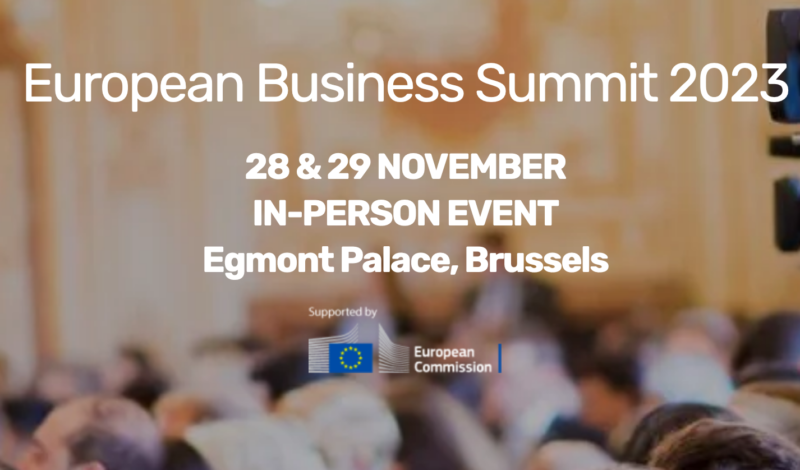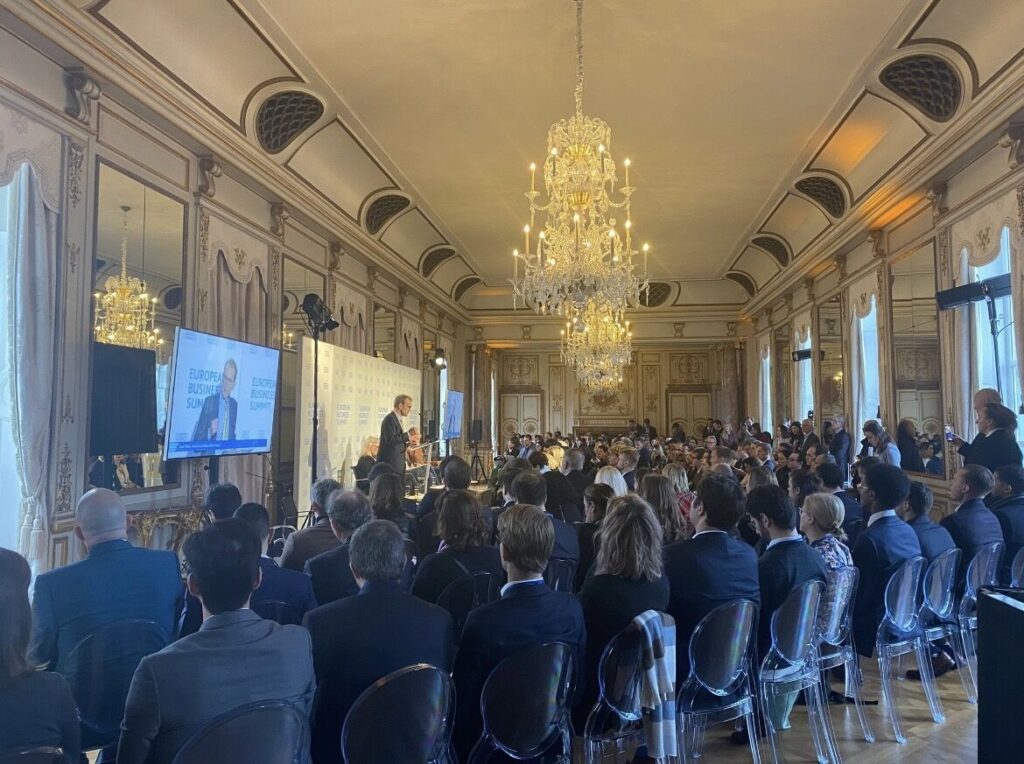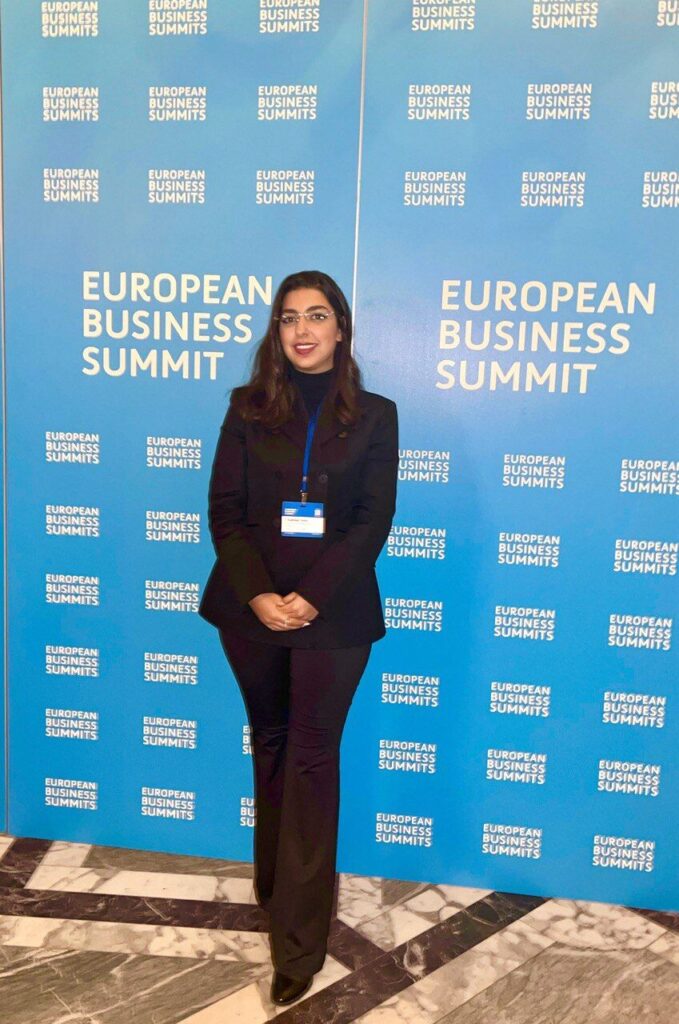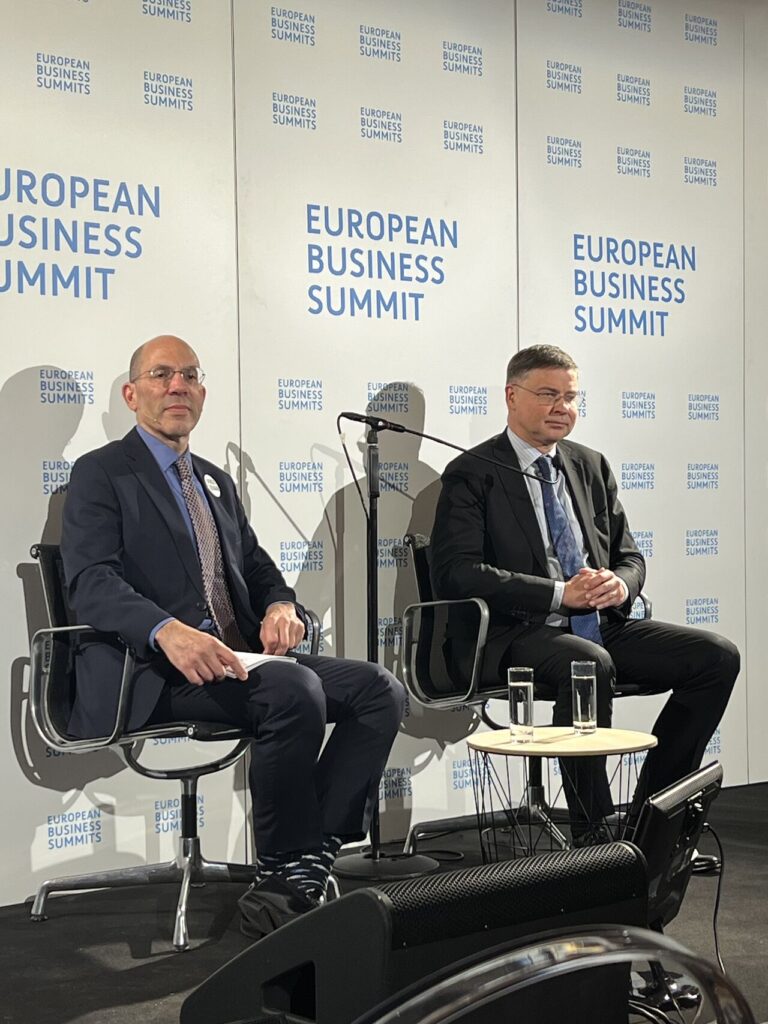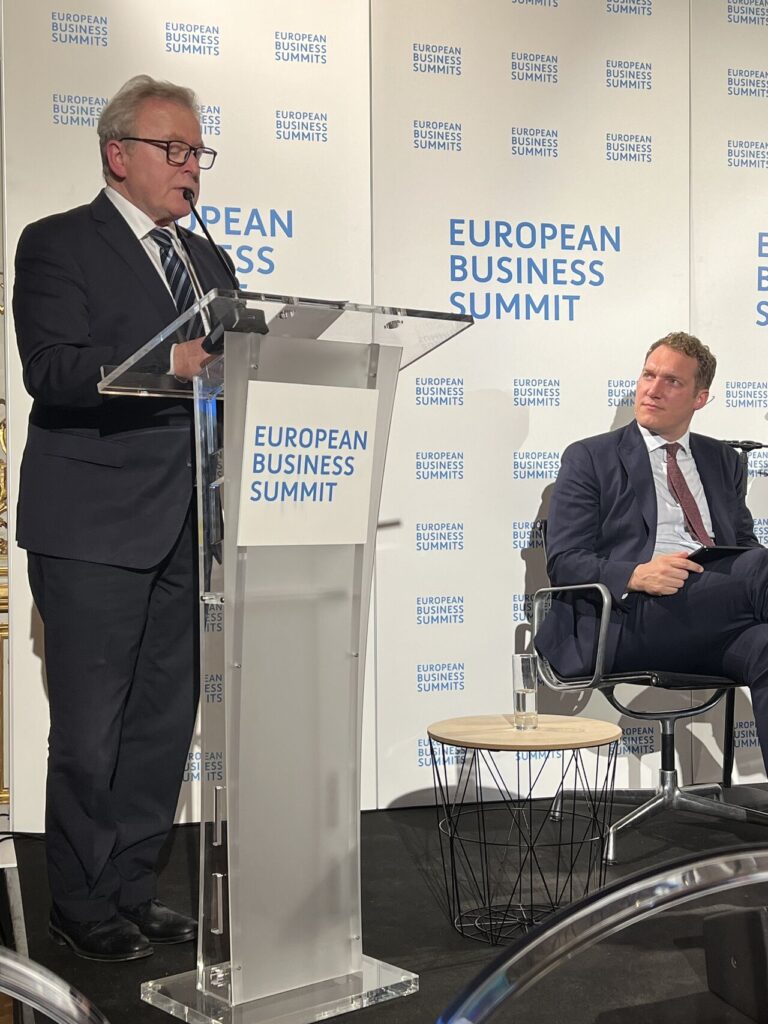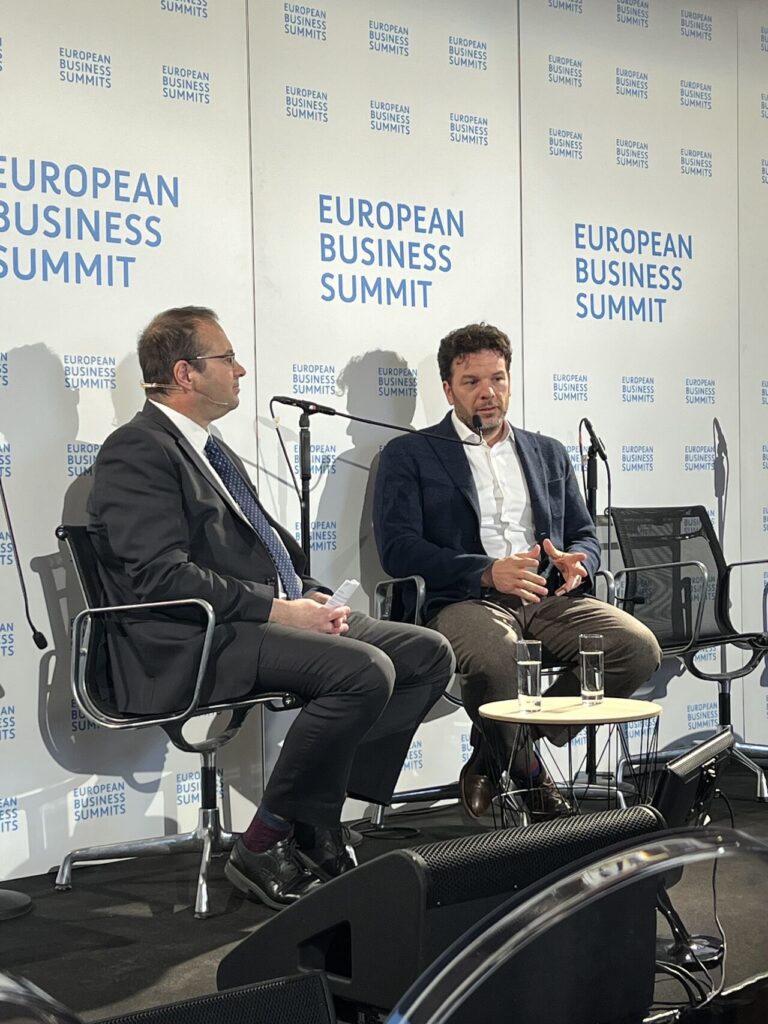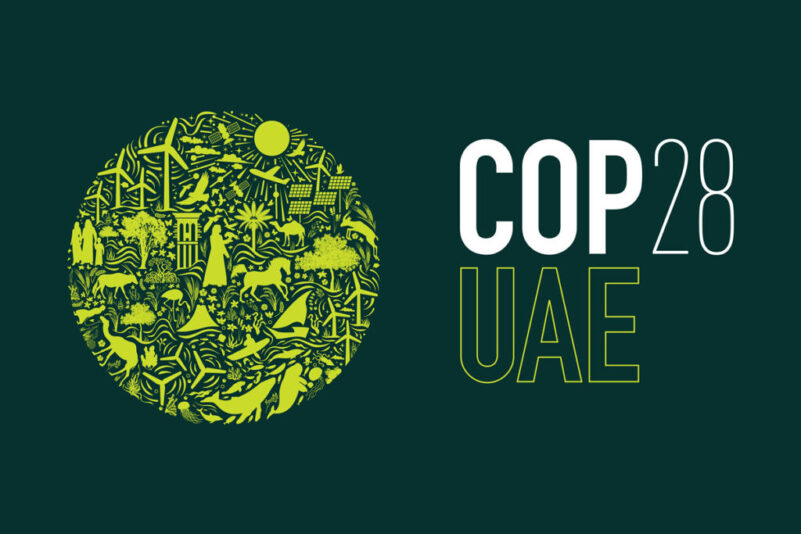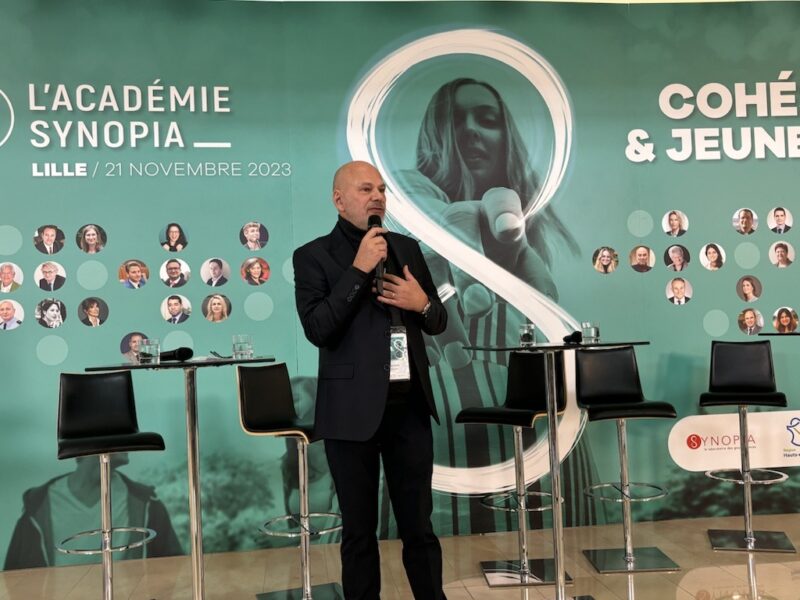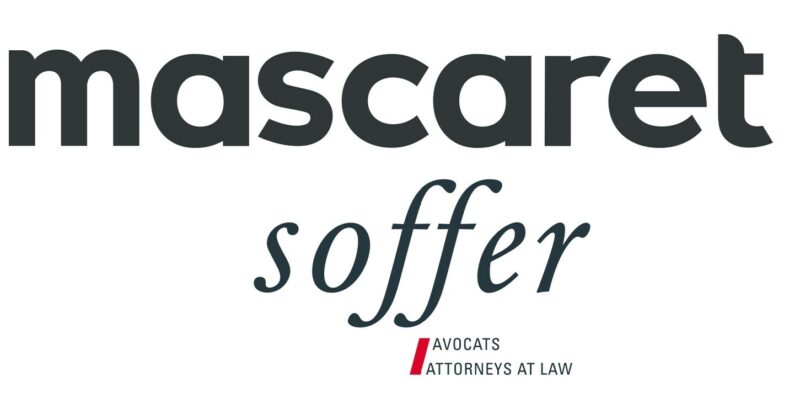PRESS RELEASE
Mascaret, leader in business communications consulting, welcomes Entrepreneur Invest fund to accelerate growth
Paris, December 07, 2023 – Mascaret (formerly Dentsu Consulting), a business communications consultancy, has opened up 23.8% of its capital to the Entrepreneur Invest fund, a leader in equity and convertible bond financing for growth SMEs.
“We were looking for an investor to support the €10m of investments we intend to make over the next 3 years, and a genuine partner capable of accompanying us in this growth process. We naturally chose Entrepreneur Invest for its entrepreneurial philosophy and track record“, says Benjamin Grange, Senior Partner and Chairman of Mascaret.
This round of financing will enable the firm to further develop its proprietary tools and make targeted acquisitions to increase its market share in France.
“We are delighted to support Benjamin Grange and his teams in their project to create a leader in business communications. We were seduced by their ambition to integrate and acquire talent and teams in this segment, in order to meet the transformation needs of corporate communications“, declares Bertrand Folliet and Marouane Bahri, Partners at Entrepreneur Invest.
Business communications, a market that has been growing for the past 10 years, is a response to the challenges faced by today’s executives: fostering a perception of the company’s economic value, promoting understanding of major transformations within the company, engaging stakeholders, mastering reputational risks linked to public opinion… Since its acquisition (2021) from the Dentsu group by its founders, Mascaret has offered this combination of expertise to provide a specific response to these new challenges.
Mascaret’s clients include executives from the SBF120, ETIs, SMEs, leaders of major projects, start-up bosses, investment funds, unions, territories, leaders of public entities, associations and political leaders.
About Mascaret
Founded in 2016 under the name Dentsu Consulting, Mascaret is now the leading business communications firm in France. Mascaret develops a company’s economic value, its expression and its perception by stakeholders (investors, market, shareholders, employees, civil society, institutional and socio-economic partners) at pivotal moments: acquisition, merger, exit, A/B/C/D fundraising, LBO, joint venture, securities transaction, refinancing, governance evolution, transformation plan, new leader, change of course, economic crisis. For public leaders and elected representatives, we support key electoral deadlines.
Mascaret teams operate in France and in 44 countries through the IPRN network. Mascaret’s governance is based on a partnership model that involves its entrepreneur-partners in day-to-day operations. For us, this is the only model that guarantees the long-term commitment of our teams to our customers.
To find out more: www.mascaret.eu
About Entrepreneur Invest
Founded in 2000, Entrepreneur Invest is an independent, AMF-accredited asset management company specializing in unlisted investments. It manages funds in the fields of SME financing, real estate and funds of funds, for which it ensures the management, structuring and rigorous selection of partners.
Entrepreneur Invest was founded and is run by entrepreneurs who have successfully gone through the various stages of a company’s life: creation, development, turnaround, sale or IPO.
A major player in the financing of French companies, with €1.5 billion raised, Entrepreneur Invest has carried out over 250 equity and bond investments in SMEs, and currently supports nearly 100 companies in a wide range of sectors: software, industry, media & communications, education, tourism & leisure, B2B services, healthcare, e-commerce, etc. Entrepreneur Invest’s philosophy is to go beyond being a provider of capital by establishing an ongoing dialogue with managers, entrepreneur to entrepreneur, to assist companies in their strategic, commercial, operational and financial choices. This takes the form of experience-sharing between members of the investment team, participation in strategic discussions and access to a network of qualified partners.
To find out more: www.entrepreneurinvest.com
fundraising fundraising

